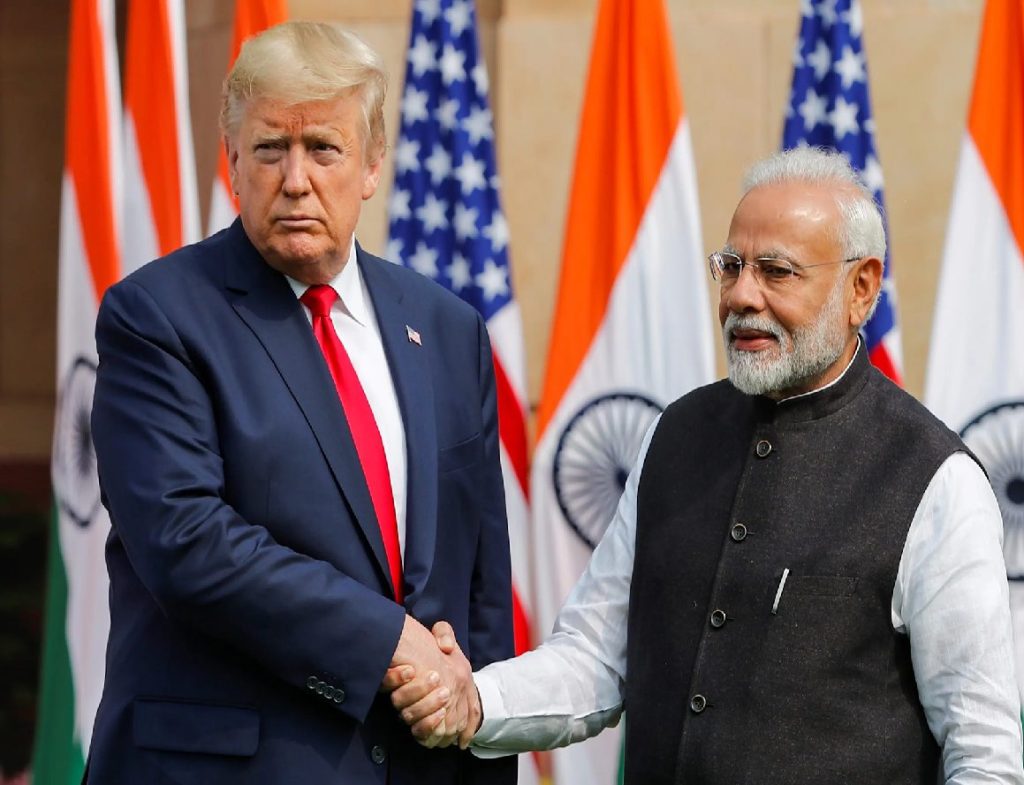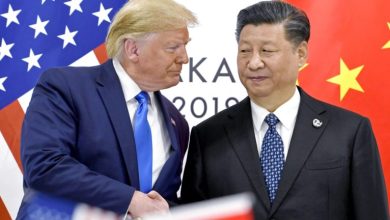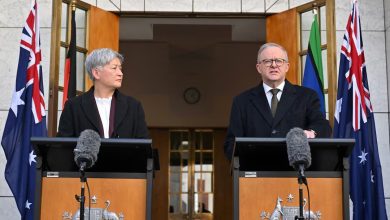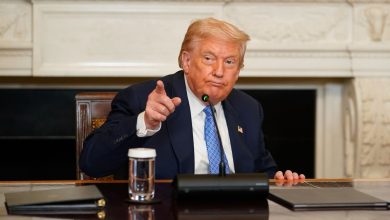Trump Slaps 50% Tariffs on Indian Imports Over Russian Oil Trade
Trump imposes 50% tariffs on Indian goods, citing Russia oil trade as primary justification.
The decision threatens U.S.-India ties and could trigger retaliation, global trade tensions, and rising consumer costs.
U.S. President Donald Trump has signed an executive order imposing a total of 50% tariffs on Indian imports, citing New Delhi’s continued purchase of Russian oil as the reason for the economic action. The directive, which adds a 25% tariff to the existing 25%, will come into effect in 21 days and is expected to reshape trade dynamics between the two democracies.

The tariff hike specifically targets key Indian export sectors such as textiles, pharmaceuticals, and industrial machinery industries that have historically enjoyed strong demand in the U.S. market. Analysts warn that the move could significantly raise costs for American consumers and businesses reliant on Indian supply chains.
The decision has led to criticism from foreign policy experts and economists. They note that countries like China and some in Europe buy more Russian oil than India but haven’t faced the same penalties. This has raised concerns about unfair treatment and double standards in U.S. trade policy.
Prominent voices on X, including economist Anders Åslund and Indian political commentator Anand Ranganathan, questioned the motivation behind the measure.
“Trump is punishing a democratic, West-oriented India while ignoring China and Europe’s much larger oil imports from Russia,” Åslund wrote.
India, which has maintained a neutral stance on the Russia-Ukraine conflict, has significantly increased its Russian crude purchases over the past two years, citing energy security and affordability. Indian officials have repeatedly emphasized that their transactions comply with international law and do not violate U.S. sanctions.
Retaliation from New Delhi is seen as likely, with trade experts predicting countermeasures that could target U.S. agricultural products, tech imports, or defense contracts.
India is also expected to escalate the matter at the World Trade Organization (WTO), citing unfair treatment and trade discrimination.
This latest development marks a potential strain in the U.S.-India strategic partnership, which had seen notable growth in recent years through defense agreements, investment flows, and technology cooperation.



